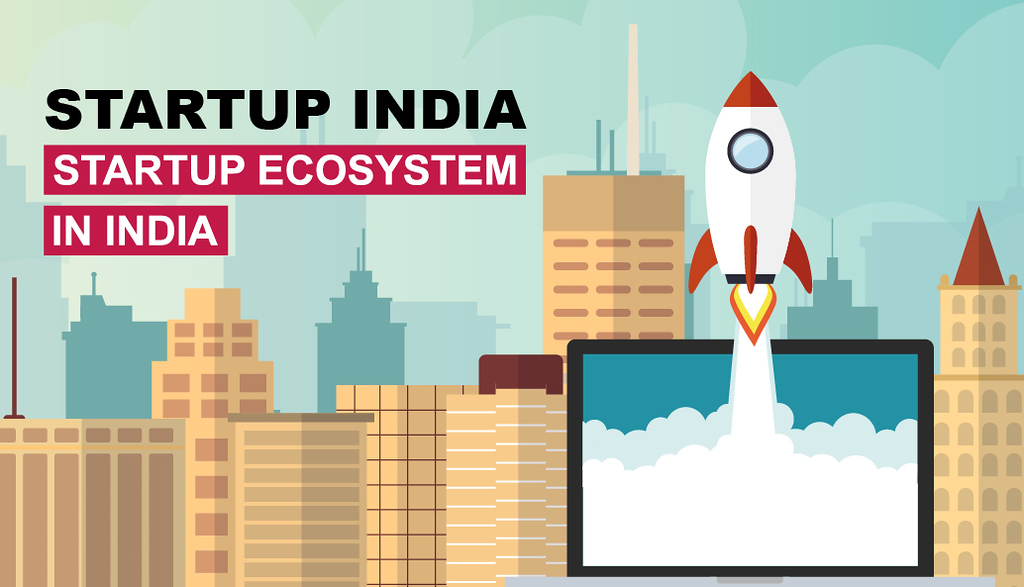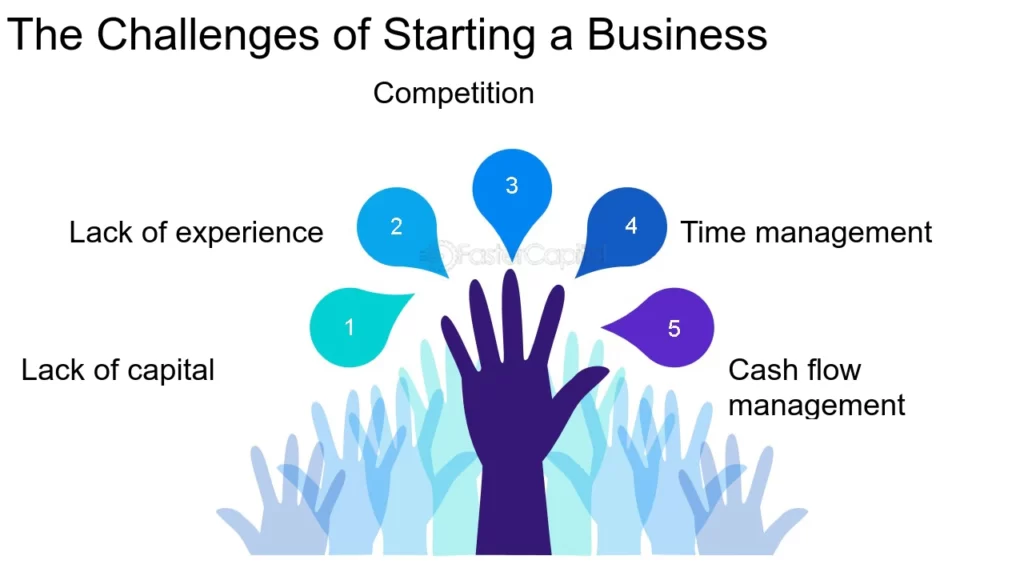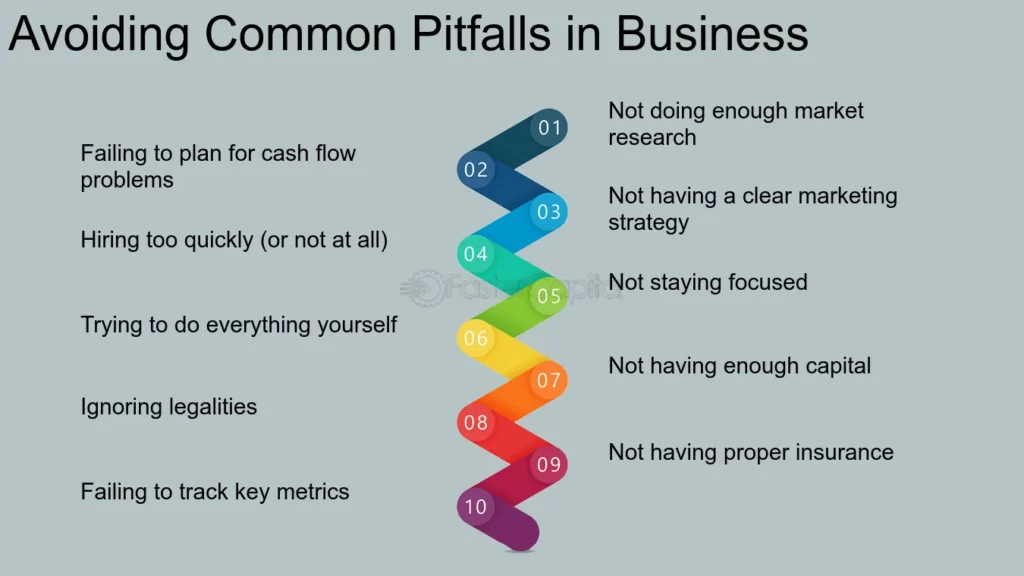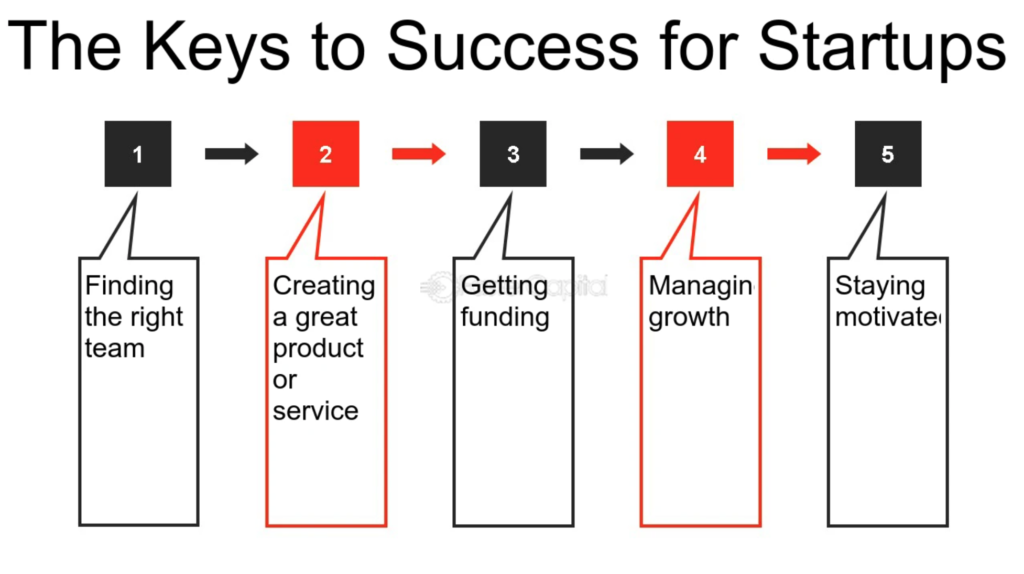In recent years, a global jargon “Startup” has got into the focus and much needed attention in many parts of the world. An endeavour nation with the largest young population in the world, India cannot be far behind in enabling the right ecosystem for the growth of start-ups. There are no fixed parameters on the type of company that can be identified as a startup.

Those in the business and policy-makers, explain the concept of a start-up from being “a state of mind” to “a culture and mentality of innovating on existing ideas to offer solutions”. Start-ups are extremely fuelled businesses marked with unique characteristics of high uncertainty and risk. They are new businesses that aim to provide consumers with innovative products or services. In terms of business models, firms with unconventional approaches having new products or services offered at a emergent stage and having scope for new revenue streams would qualify as Startup.
Innovation, creativity and an agile approach to grow differentiate them from traditional firms.
Some of the challenges which an Startup would experience are:-
- Lack of funding
- Lack of talented professionals
- Technology
- Access to customers locally and internationally
- Complex regulations
- Lack of affordable service providers
- Dealing with criticism
- Lack of government support
- Too many players in the market
- Lack of affordable local talents
- Making Decisions
- Testing and quality certifications Regulatory risk-averseness


An ecosystem for start-ups is a vital and important discriminator which would address underlying challenges, opportunities, stages of tech integration, market access, funding, skilled manpower, need for mentorship, encouraging environment for innovation, ease of doing business, growth and business continuity and crew of coordinators through Government role, demand for new offerings of products and services and many more.
A collaborative ecosystem would comprise of:
- Start-ups / Entrepreneurs
- Institutes / Academia
- Government Organisations / Agencies
- Investors
- Mentors
- Incubators / Accelerators
- Multinational organisation
Start-ups in India: Role of Government of India as a major constituent of Ecosystem
While laying down the road map and agenda for New India’s economic growth path, Our Hon’ble Prime Minister in his address on 15 August 2015, from the ramparts of Red Fort, launched the Startup India Initiative to tap the entrepreneurial potential of the people of India.
Startup India Initiative is a vision that would enable the talent of India to dream of ideas, put them into action, and convert them into revolutionary ventures. To make this vision a reality and turn it into a revolutionary action.
On 16thJanuary 2016, the Government of India launched the ‘Startup India’ program with a stated objective to build a strong ecosystem for nurturing innovation and start-ups in the country that would drive sustainable economic growth and generate large scale employment opportunities.
Having the mission ‘to convert India into a nation of job creators from a nation of job- seekers, the operationalisation of the action plan required a ‘pro-entrepreneurship’ attitude.
This would necessitate having a three-pronged strategy:
- To facilitate a common platform to connect the entire ecosystem while reducing information asymmetry.
- To provide benefits and other necessary support.
- To engage regional entrepreneurs in transforming their ideas into business ventures.

The fundamental approach focuses on necessary handholding and facilitating ease of doing business and ensuring an outreach beyond metros. Start-ups cannot remain confined to a few metros for it to be a successful model to transform India into a global economic powerhouse by 2047.
To wide spread the support, the Government of India has come up with notifications to define start-ups. The definition of a startup has been relaxed by DPIIT since the launch of the Action Plan, to enable more entities to apply
As per G.S.R. 180 (E) dated 17thFebruary 2016 notified by Department for Promotion of Industry and Internal Trade (DPIIT) entities having the following criterion qualified as Start Ups:
- Up to five years from the date of its incorporation/ registration.
- If its turnover for any of the financial years has not exceeded ₹.25 crore.
- It is working towards, innovation, development, deployment or commercialisation of
new products, processes or services driven by technology or intellectual property.
The eligibility criterion was relaxed in 2017 as per G.S.R 501(E) dated 23rd May 2017 notified by DPIIT.
An entity would qualify as start-ups:
- If it is incorporated as a private limited company (as defined in the Companies Act, 2013) or registered as a
- Partnership firm (registered under section 59 of the Partnership Act, 1932) or a limited liability partnership (under the Limited Liability Partnership Act 2008) in India
- Up to seven years from the date of its incorporation/ registration; however, in the case of Start-ups in the biotechnology sector, the period shall be up to ten years from the date of its incorporation/ registration.
- If its turnover for any of the financial years since incorporation/ registration has not exceeded rupees 25 crore .
- If it is working towards innovation, development or improvement of products or processes or services, or if it is a scalable business model with a high potential for employment generation or wealth creation. Provided that any such entity formed by splitting up or reconstruction of a business already in existence shall not be considered a ‘Startup’.
Further relaxation was given in 2019 vide G.S.R. 127 (E) dated 19th February 2019 notified by DPIIT. At present any entity shall be considered as a Startup:
- Up to a period of ten years from the date of incorporation/ registration, if it is incorporated as a private limited company (as defined in the Companies Act, 2013) or registered as a partnership firm (registered under section 59 of the Partnership Act, 1932) or a limited liability partnership (under the Limited Liability Partnership Act, 2008) in India.
- Turnover of the entity for any of the financial years since incorporation/registrationhas not exceeded ₹100 Crore.
- Entity is working towards innovation, development or improvement of products or processes or services, or if it is a scalable business model with a high potential of employment generation or wealth creation. Provided that an entity formed by splitting up or reconstruction of an existing business shall not be considered a ‘Start-up’
With the relaxations, there has been a jump in the application of entities to be recognised as start-Start-ups evolving qualifying definition of Startup by DPIIT is a testimonial to the significance being accorded by the Government of India in its quest to provide a supporting ecosystem.


6w5xp4
May I simply say what a comfort to discover somebody who genuinely knows what they are talking about over the internet. You actually understand how to bring a problem to light and make it important. More people ought to check this out and understand this side of the story. I cant believe you arent more popular because you surely possess the gift.